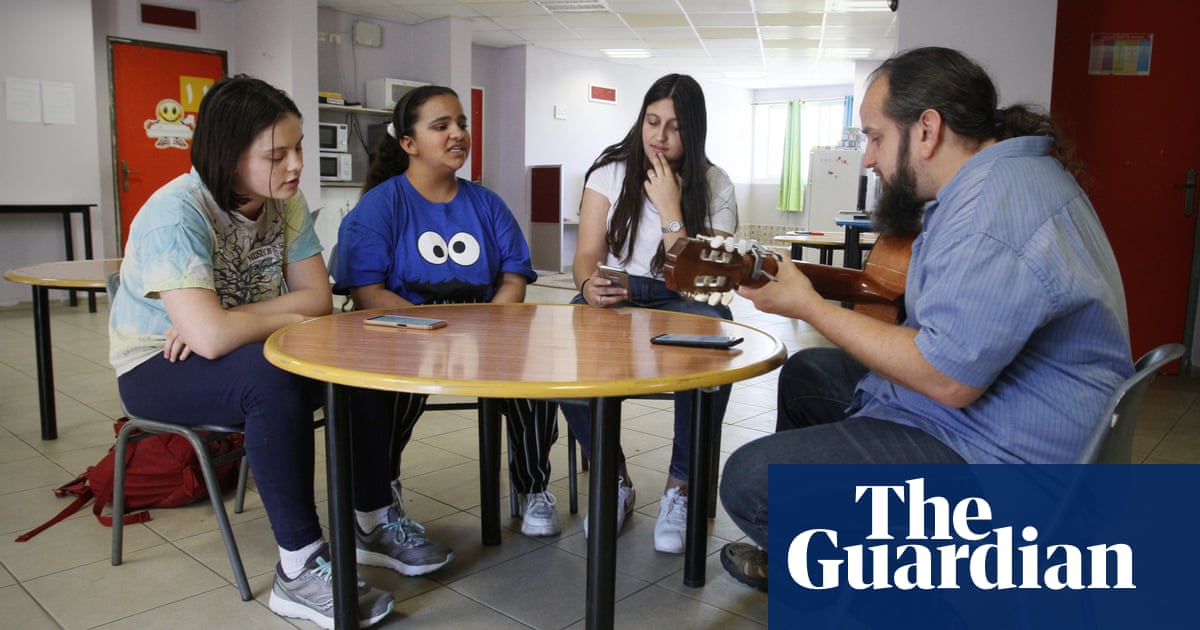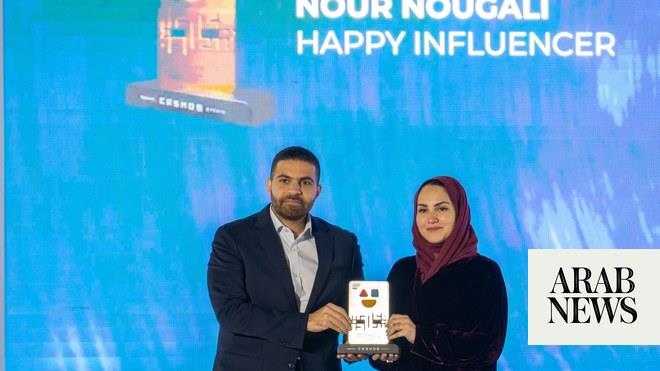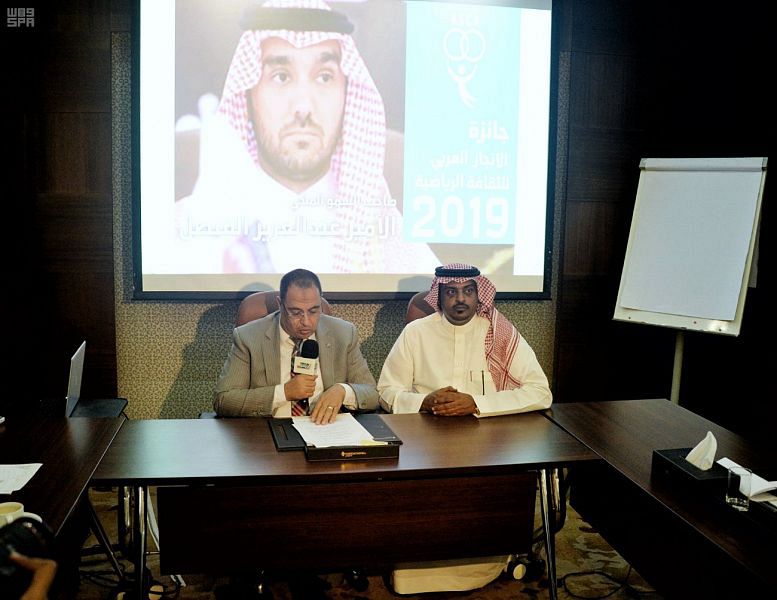
A school in Jerusalem where students from Jewish and Arab backgrounds learn alongside one another has been awarded an international education prize for its success in “overcoming adversity”.
The Max Rayne Hand in Hand school, founded in 1998, is Israel’s only bilingual, fully integrated Jewish-Arab school and is seen by many as a beacon of hope in an otherwise deeply divided society.
The school serves more than 600 Jewish and Arab students, from kindergarten through to 12th grade, who learn in Hebrew and Arabic, with co-teaching teams of Jewish and Arab teachers, led by an Arab elementary school principal and a Jewish secondary school principal.
The award, by UK-based T4 Education – a digital platform that was established as a response to the challenges posed by the pandemic on education globally – was announced on Saturday as war continued to rage between Israel and Hamas.
Dani Elazar, the chief executive of Hand in Hand, which now operates six separate sites in Israel, said in normal circumstances winning an award would be a cause for celebration. “With a war waging and thousands of precious lives lost, this is not the time for celebration. It is the time for resolution.
“We resolve to continue overcoming adversity, day by day, for the sake of a better future for all, Jews and Arabs alike. Overcoming adversity is precisely what the Max Rayne Hand in Hand school is doing at this very moment.
“We hope that the conferral of this award will raise people’s awareness that there is an alternative to hatred and fear. All children of this land deserve a better future. Together is the only way we will achieve it.”
Israel has a deeply divided education system in which 99% of Jewish and Arab children study in separate schools. The immersive, integrated approach at Hand in Hand supports students not only to learn each other’s language, but also develop cross-cultural understanding.
Each class has two teachers to support both languages, and pupils are taught history through two stories – the Israeli Jewish story and the Palestinian Arab story. They learn about each other’s traditions, and about Jewish, Muslim and Christian holidays.
Efrat Meyer, the secondary school principal, speaking in a pre-recorded video, said: “The fact that Jews and Arabs never meet each other from a very young age brings a lot of opportunity for racism, and this is something we do differently in the school.
“The school was established in 1998 by parents who did not accept the separation between Jews and Arabs in the education system in Israel.” The school community has grown, though there is opposition. In 2014 the school was attacked by arsonists who torched a classroom and sprayed “death to Arabs” on the wall.
Gal, one of the students, said: “I think that one of the things that brought me to study here is wanting to get to know the narrative that is different from my own. What does the other side, the opposite of me, think and feel about what it sees? I knew I could find it here.”
Four other “world’s best school” prizes were also awarded: to the Institución Educativa Municipal Montessori sede San Francisco in Colombia for environmental action, SPARK Soweto in South Africa for community collaboration, the Riverside School in India for innovation, and EEMTI Joaquim Bastos Gonçalves in Brazil for supporting healthy lives.
Cadoxton primary school in Barry, Wales, was among the top three finalists in the overcoming adversity category, and prize money worth $250,000 will be shared by the five winning schools.









